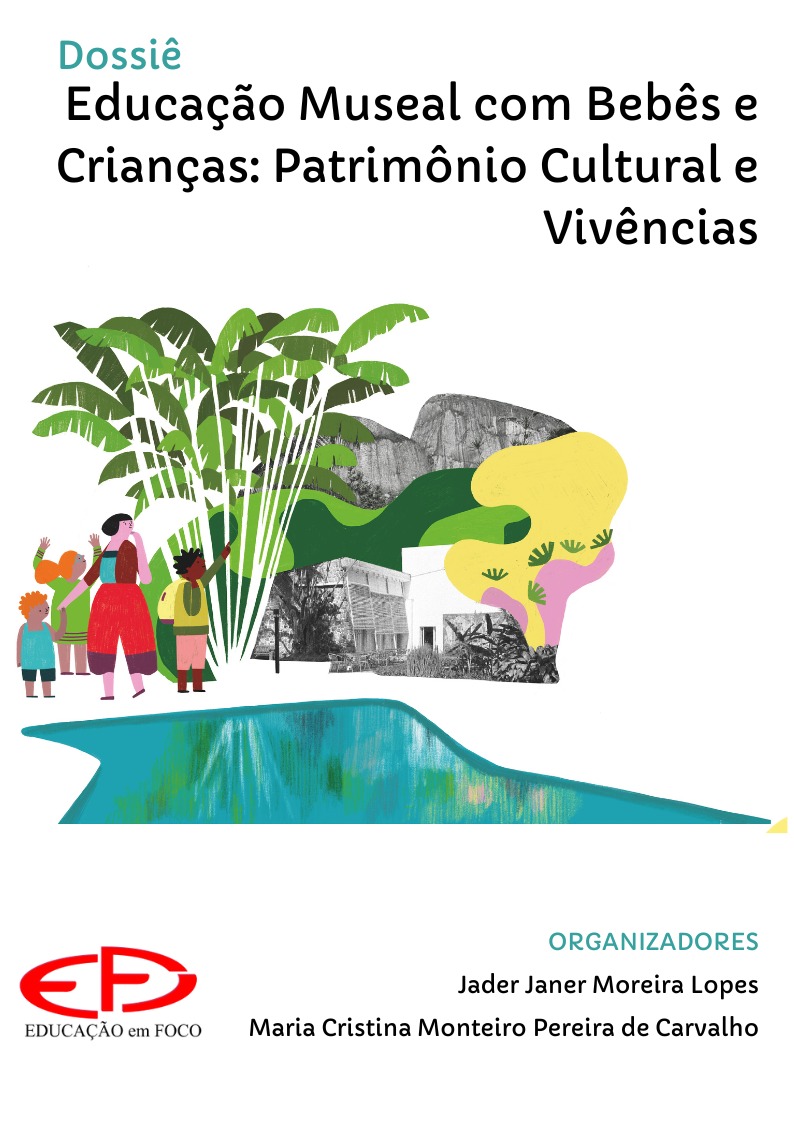CHILDREN'S MEDIATION IN MUSEUMS:
AN ONLINE TRAINING EXPERIENCE
DOI:
https://doi.org/10.34019/2447-5246.2025.v30.47287Abstract
The article seeks to understand the role that ongoing training can play in the reception of children, considered to be challenging, in cultural institutions/museums of different types. Offered by the PUC-Rio Extension Coordination, the extension course "Mediation of children in museums" has 30 hours and takes place remotely, online, with two synchronous meetings. The course is aimed at educators who work or intend to work in museums with children. There has also been recurrent participation by kindergarten teachers interested in sharing their impressions and proposals for their students' visits to museums and cultural centers. The methodology favors discussion and the exchange of experiences in a forum that seeks to enable the joint construction of knowledge. The debate in the forum is based on theoretical readings, aesthetic instigations and educational materials produced by national and international cultural institutions. The interactions between participants stand out, as they share experiences and practices carried out both in classrooms and in exhibitions and museum institutions. This article analyzes the exchanges made by the course participants, their questions, reflections and sharing of experiences in an interlocution with authors from the field of museum education. In this sense, the material seems to indicate that training with a focus on understanding the specificities of childhood, in the exchange of knowledge and experiences with this public, can contribute to the reception of children in museums in a respectful and meaningful way for children and the adults
Downloads
Downloads
Published
How to Cite
Issue
Section
License
Ao submeter um artigo à revista Educação em Foco e tê-lo aprovado, os autores concordam em ceder, sem remuneração, os seguintes direitos à Educação em Foco: os direitos de primeira publicação e a permissão para que Educação em Foco redistribua esse artigo e seus metadados aos serviços de indexação e referência que seus editores julguem apropriados.

















